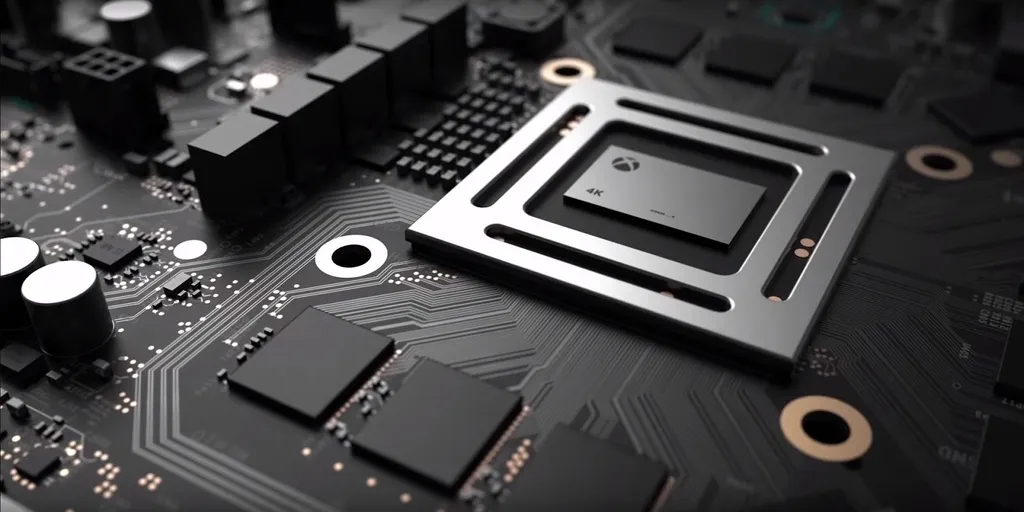We’ve got a lot to learn about Project Scorpio, the incoming upgraded Xbox One from Microsoft, including what its VR support will look like. Microsoft’s Head of Xbox Phil Spencer did recently note that the company’s approach will be “open and inclusive”, however.
Spencer said as much in an interview with Gamasutra, noting that he doesn’t like that some VR developers currently have to choose which platform they’ll make content for. He explained that Scorpio won’t have a “vertical” VR space that’s disconnected to other areas of the industry like PC-based VR on Windows 10.
“Because I think the Windows space is the place where most of the developer engagement is happening,” Spencer said.
He later added: “I do not like that people are having to say, which of these VR verticals do I go pick right now, as a developer? Because I don’t think any of them are really big enough yet to support a single experience.”
Spencer’s comments echo those from Valve and others that favor an open approach to VR. He even confirmed that developers will not have to sign exclusivity deals to develop VR titles on Scorpio. Perhaps this means Scorpio won’t have any exclusive VR content at all; in recent years Microsoft has simultaneously been releasing Xbox One exclusive games on PC too, and it sounds like it could have a similar approach to VR. Sony’s PlayStation VR (PSVR), meanwhile, has plenty of exclusive games.
“My approach is to try and take a more open and inclusive approach to VR,” Spencer added. “The problem is the other people who are creating closed ecosystems are probably not going to like that. They’re probably not going to want to play.”
Oculus has come under fire from industry figureheads for having a closed ecosystem in recent years. Spencer’s comments, however, still leave a lot of questions about what VR headsets will actually support Scorpio. Does “open and inclusive” refer to the five Windows 10 VR headsets Microsoft is building with a range of partners? Hopefully we’ll find out at E3 in a few months’ time.


























